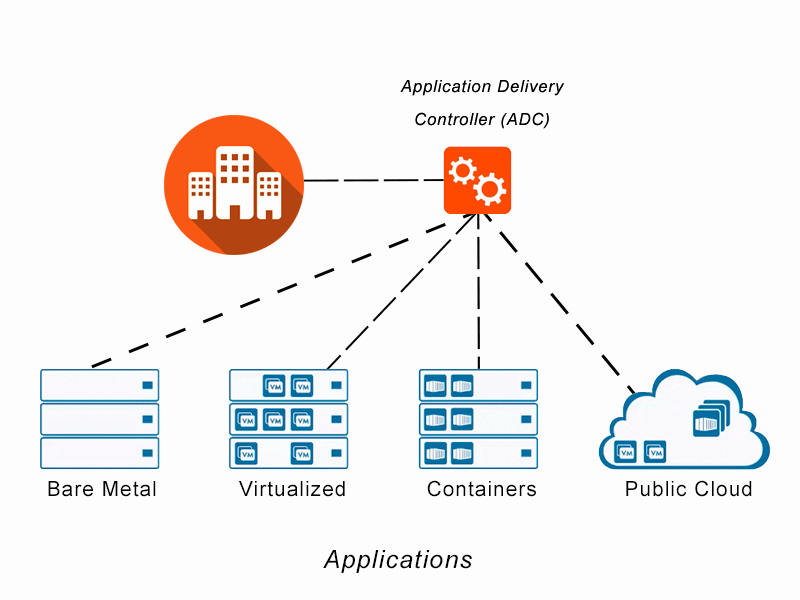Introduction
In the world of SEO, domain authority is a critical metric that can significantly impact your website’s search engine rankings and overall online visibility. Developed by Moz, domain authority (DA) is a numerical score that ranges from 1 to 100, reflecting the authority and credibility of a website in the eyes of search engines. The higher your domain authority, the more likely your site will rank well in search engine results pages (SERPs).
In this comprehensive guide, we will delve deep into the concept of domain authority and provide practical steps to increase it. Whether you’re a seasoned SEO expert or a novice website owner, these strategies can help boost your website’s DA and enhance your online presence.

What Is Domain Authority?
Before we dive into the actionable steps to improve your website’s domain authority, let’s first understand what DA is and how it’s calculated.
Domain authority is a proprietary metric developed by Moz that aims to predict how well a website will rank in search engine results. While Google’s ranking algorithms are highly complex and not publicly disclosed, domain authority offers a simplified way to gauge a site’s SEO potential.
Several factors influence your domain authority score, including:
- Backlinks: The quality and quantity of websites linking to yours play a significant role in determining your DA. High-quality, relevant backlinks from authoritative sources can boost your score.
- Content Quality: Creating valuable, informative, and engaging content can enhance your website’s authority. High-quality content is more likely to attract backlinks and engage your audience.
- On-Page SEO: Proper optimization of individual pages on your site, including keyword usage, meta tags, and mobile-friendliness, can positively affect your DA.
- Site Age and History: Older, established websites often have higher domain authority scores, as search engines tend to trust them more.
- Technical SEO: Ensuring your website is technically sound, with fast loading times, proper URL structures, and minimal errors, can improve your DA.
Now that we have a foundational understanding of domain authority let’s explore practical steps to increase it.
1. Build High-Quality Backlinks
Backlinks are one of the most influential factors in determining your domain authority. Search engines view backlinks as votes of confidence from other websites. However, not all backlinks are created equal. Here are some strategies to acquire high-quality backlinks:
- Guest Posting: Write high-quality guest posts for reputable websites in your niche. In exchange for your content, you can include a link back to your site.
- Broken Link Building: Find broken links on authoritative websites in your industry and offer your content as a replacement. This can lead to valuable backlinks.
- Create Linkable Content: Develop exceptional, shareable content that naturally attracts backlinks. Infographics, comprehensive guides, and original research are great examples.
- Collaborate with Influencers: Partner with influencers in your niche to promote your content. They can share your articles with their followers, increasing your chances of earning backlinks.
2. Optimize On-Page SEO
On-page SEO is the foundation of your website’s overall SEO strategy and directly impacts your domain authority. Here are key on-page SEO elements to focus on:
- Keyword Research: Identify relevant keywords and phrases your target audience is searching for. Use these keywords strategically in your content, headings, and meta tags.
- High-Quality Content: Create in-depth, valuable content that addresses your audience’s needs and questions. Content should be well-structured and easy to read.
- Meta Tags: Write compelling meta titles and descriptions for your pages. These tags should accurately represent the content and encourage click-throughs from search results.
- Mobile Optimization: Ensure your website is mobile-friendly, as Google considers mobile compatibility when ranking sites.
- Page Speed: Improve your website’s loading speed by optimizing images, using a content delivery network (CDN), and reducing unnecessary scripts.
3. Develop a Content Strategy
Content is king in the digital realm, and a well-thought-out content strategy can significantly boost your domain authority. Here’s how to approach it:
- Regular Updates: Consistently publish fresh, high-quality content. Google rewards websites that provide up-to-date information.
- Diverse Content Types: Experiment with various content formats, including blog posts, videos, podcasts, infographics, and ebooks.
- Long-Form Content: Create comprehensive, in-depth articles that thoroughly cover a topic. These perform well in search results.
- User Intent: Focus on addressing user intent. Understand what your audience is searching for and tailor your content to provide solutions.
4. Improve Technical SEO
Technical SEO Tips ensures that search engines can crawl and index your website effectively. By addressing technical issues, you can enhance your domain authority. Key technical SEO considerations include:
- XML Sitemap: Create and submit an XML sitemap to help search engines discover and index your pages.
- Canonicalization: Use canonical tags to prevent duplicate content issues and consolidate ranking signals.
- txt: Ensure that your robots.txt file is correctly configured to guide search engine crawlers.
- Structured Data Markup: Implement structured data (schema markup) to enhance your search engine results with rich snippets.
- SSL Certificate: Secure your website with an SSL certificate to improve security and gain favor with search engines.
5. Monitor and Analyze Your Progress
Finally, track your efforts and analyze your progress regularly. Use tools like Moz’s DA checker, Google Analytics, and Google Search Console to monitor changes in your domain authority and search engine rankings. Adjust your strategies based on the data you gather to improve your website’s DA continually.
Conclusion
Increasing your website’s domain authority is a long-term endeavor that requires dedication and a holistic approach to SEO. By focusing on building high-quality backlinks, optimizing on-page SEO, developing a content strategy, improving technical SEO, and monitoring your progress, you can steadily raise your domain authority and enhance your online presence. Remember that domain authority is just one piece of the SEO puzzle, but it’s a crucial one that can significantly impact your website’s success in the competitive online landscape. Here is high speed internet












